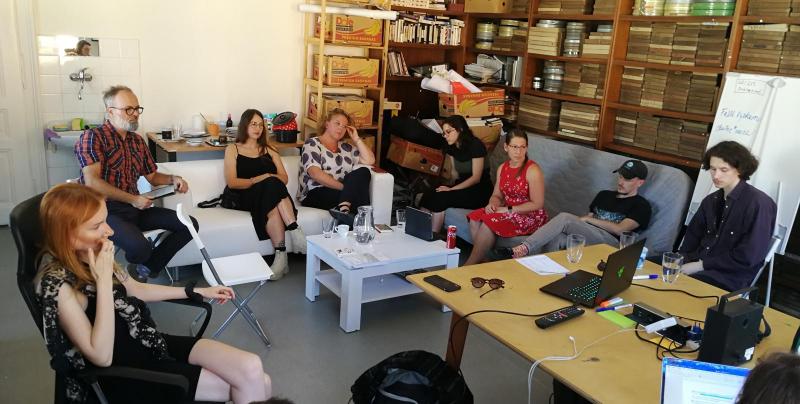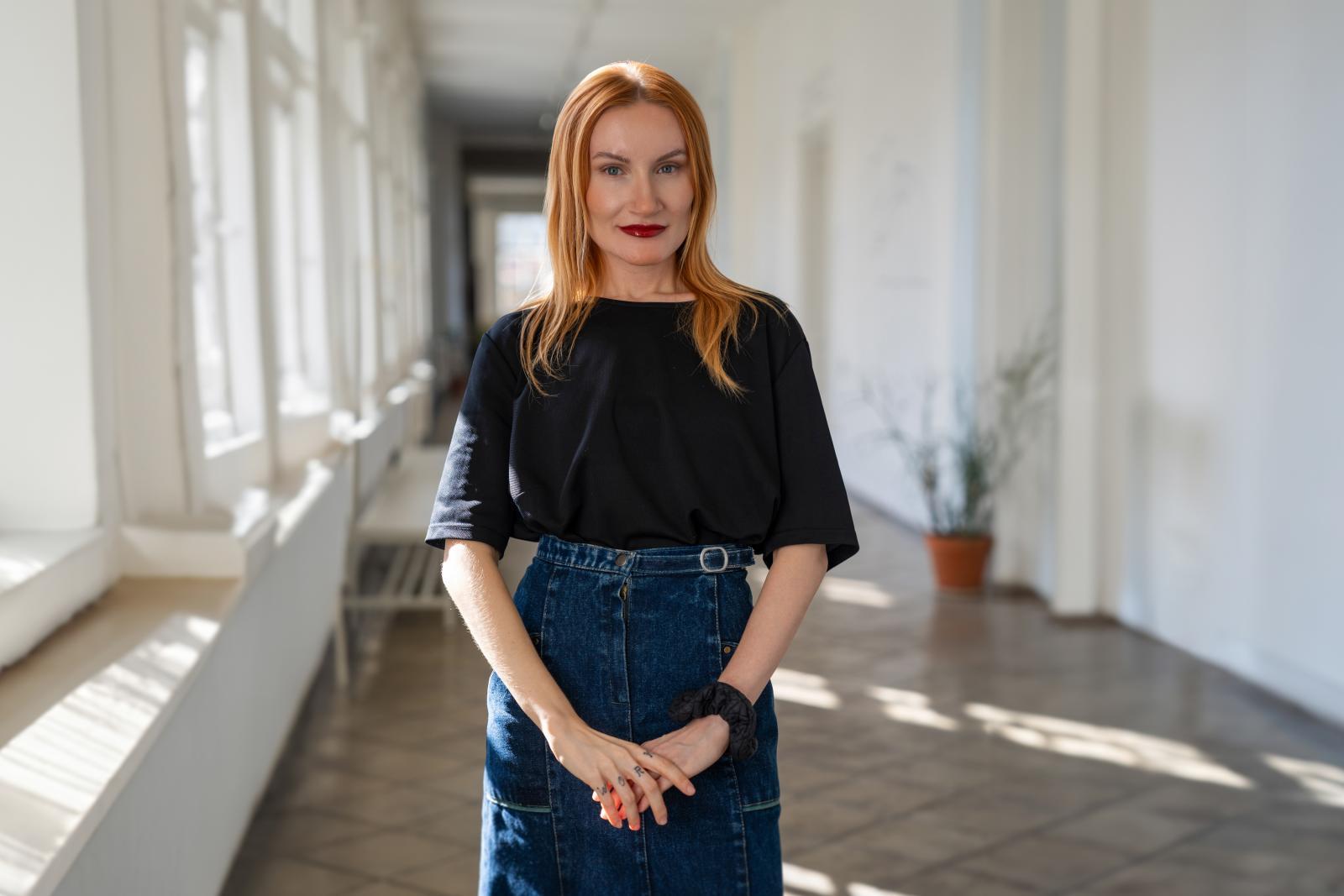Topic
An educational computer game about the position of Roma in society scored in the Czech technology agency’s Sigma programme

The Technology Agency of the Czech Republic (TA CR) announced the results of the first public competition SIGMA Applied Research and Innovation Support Programme. Out of 379 projects submitted, 64 applications were supported. The first place among the evaluated applications was taken by the project prepared by academic and scientific researchers of FFA of BUT in cooperation with FSS and FE of MUNI. Its aim is to create a computer game and related methodological material as an educational tool for pupils of the second level of primary schools.
The purpose of the project is to convey the issues of discrimination, social exclusion and racial prejudice faced by the Roma community. The authors will create the basis for the development of the game together with Roma people, pupils, teachers and parents. Qualitative, participatory and design research methods will play an important role in the development of the game, which will be handled by the specialists involved – a social scientist, an expert in the implementation of information and communication technologies in pedagogy, an expert in inclusive education and designers.
"The main task of the game development, which will be provided by a team of developers and designers from FFA of BUT, will be the transfer of research data into adequate game mechanics and visual stylisation," explains the participation of FFA in the project its principal investigator Martina Růžičková. The testing, implementation and dissemination of the game will be carried out in cooperation with the application guarantor, which is the Faculty of Education of Masaryk University, and the project's network of partners (the Ministry of Education, the Ministry of Regional Development, the South Moravian Region, the non-profit organisation IQ Roma Servis, the Association of Civic Education Teachers and the Open Society Fund Prague).
This is not the first time that researchers from BUT have worked on this topic. They build on a similar experience from the project ÉTA of TA CR. Even the authors themselves have no idea what the new computer game should look like. "I think it is very important, and it is also our intention, to have Roma actively participate in the creation of the content. My colleagues from the Faculty of Social Studies have already prepared a methodology for creating data and documents for the development of the game, and then we will assemble mini-research teams to work on partial activities," explains the project's principal investigator, who, together with her two colleagues, is responsible for the design branch of the project.
The design is perceived as an important tool for connecting the interests of all those involved. "We are not only concerned that the game works, that it brings content to the target group, that it meets the educational parameters and prerequisites for inclusion in the curriculum, but above all that it conveys an authentic Roma experience," Růžičková emphasises.
Researchers from Brno are counting on a pilot survey that will reveal the technological background of the schools, which will also determine the choice of the specific platform for which the game will be developed. It will also be important to have a professional debate with teachers to find out what their requirements are for a game that works with more advanced game mechanics. These are not very common in our teaching.
"Everything can be imagined as a continuous development process, from the beginning we intend to work with every interested group, and we will have an iterative process of testing, commenting and modifying designs until the final product is created," says the project's principal investigator.
The team of authors has certainly left nothing to chance and has relied on the complexity of all the actors involved. In fact, they managed to get positive feedback from the Ministry of Education, the Ministry of Regional Development, a number of non-profit organisations and the regional office even before submitting the project to the public competition. Cooperation with civic education teachers was also important. The interdisciplinary team plans to work on the project for three years.
(fra)
It's an opportunity to bring art to people, says a graduate of FFA BUT, whose work comes to life in ČT art jingles
We are probably wouldn't recognize ancestors from prehistoric times on the street, says sculptor Ondřej Bílek
Women from BUT who move the world of science and technology
She designed a board game from the gothic universe, now a graduate of a FFA is motivating other game developers
Companies get rid of waste, students get material for work. A recycling station has been set up at the FFA BUT
